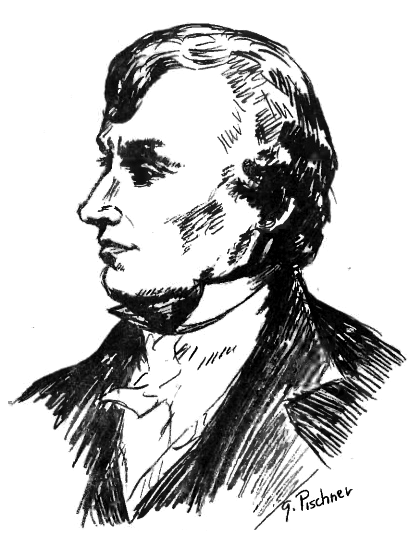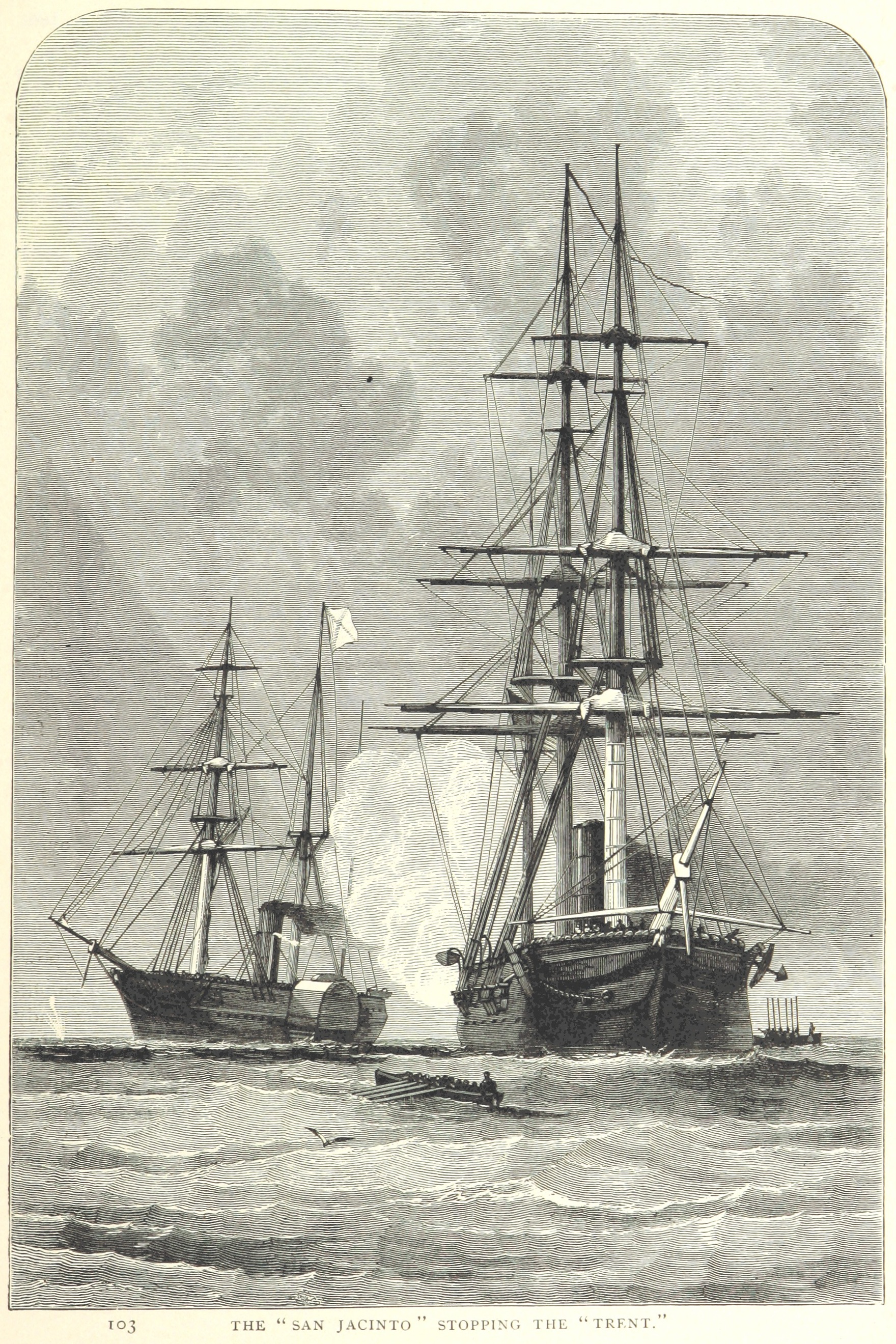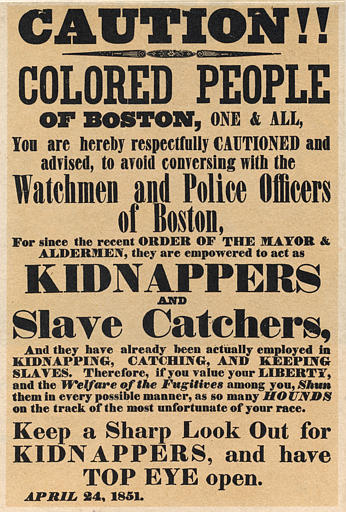|
Burning Of Winchester Medical College
The Winchester Medical College (WMC) building, located at (modern address) 302 W. Boscawen Street, Winchester, Virginia, along with all its records, equipment, museum, and library, was burned on May 16, 1862, by Union troops occupying the city. This was "retaliation for the dissection of cadavers from John Brown's Raid". More specifically, it was in retaliation for the desecration they discovered of one of those cadavers, the body of one of John Brown's sons, identified years later as Watson. The body of John Brown's son, fighting against slavery in the raid on Harpers Ferry, had been dishonored: made into an anatomical specimen in the College's museum, with the label "Thus always with Abolitionists". In addition, students at the school collected and then dissected the bodies of three other members of Brown's troop, and a black boy was apparently tortured and killed there for favoring the Union. The College never reopened. Winchester a secessionist stronghold According to the '' ... [...More Info...] [...Related Items...] OR: [Wikipedia] [Google] [Baidu] |
Winchester, Virginia
Winchester is the most north western independent city in the Commonwealth of Virginia. It is the county seat of Frederick County, although the two are separate jurisdictions. The Bureau of Economic Analysis combines the city of Winchester with surrounding Frederick County for statistical purposes. As of the 2020 census, the city's population was 28,120. Winchester is the principal city of the Winchester, Virginia–West Virginia, metropolitan statistical area, which is a part of the Baltimore–Washington metropolitan area. Winchester is home to Shenandoah University and the Museum of the Shenandoah Valley. History Native Americans Indigenous peoples lived along the waterways of present-day Virginia for thousands of years before European contact. Archeological, linguistic and anthropological studies have provided insights into their cultures. Though little is known of specific tribal movements before European contact, the Shenandoah Valley area, considered a sacred commo ... [...More Info...] [...Related Items...] OR: [Wikipedia] [Google] [Baidu] |
Chattel Slavery
Slavery and enslavement are both the state and the condition of being a slave—someone forbidden to quit one's service for an enslaver, and who is treated by the enslaver as property. Slavery typically involves slaves being made to perform some form of work while also having their location or residence dictated by the enslaver. Many historical cases of enslavement occurred as a result of breaking the law, becoming indebted, or suffering a military defeat; other forms of slavery were instituted along demographic lines such as Racism, race. Slaves may be kept in bondage for life or for a fixed period of time, after which they would be Manumission, granted freedom. Although slavery is usually involuntary and involves coercion, there are also cases where people voluntary slavery, voluntarily enter into slavery to pay a debt or earn money due to poverty. In the course of human history, slavery was a typical feature of civilization, and was legal in most societies, but it is no ... [...More Info...] [...Related Items...] OR: [Wikipedia] [Google] [Baidu] |
Salmon Chase
Salmon () is the common name for several list of commercially important fish species, commercially important species of euryhaline ray-finned fish from the family (biology), family Salmonidae, which are native to tributary, tributaries of the North Atlantic (genus ''Salmo'') and North Pacific (genus ''Oncorhynchus'') basin. Other closely related fish in the same family include trout, Salvelinus, char, Thymallus, grayling, Freshwater whitefish, whitefish, lenok and Hucho, taimen. Salmon are typically fish migration, anadromous: they hatch in the gravel stream bed, beds of shallow fresh water streams, migrate to the ocean as adults and live like sea fish, then return to fresh water to reproduce. However, populations of several species are restricted to fresh water throughout their lives. Folklore has it that the fish return to the exact spot where they hatched to spawn (biology), spawn, and tracking studies have shown this to be mostly true. A portion of a returning salmon run ma ... [...More Info...] [...Related Items...] OR: [Wikipedia] [Google] [Baidu] |
Speaker Of The United States House Of Representatives
The speaker of the United States House of Representatives, commonly known as the speaker of the House, is the presiding officer of the United States House of Representatives. The office was established in 1789 by Article I, Section 2 of the U.S. Constitution. The speaker is the political and parliamentary leader of the House and is simultaneously its presiding officer, ''de facto'' leader of the body's majority party, and the institution's administrative head. Speakers also perform various other administrative and procedural functions. Given these several roles and responsibilities, the speaker usually does not personally preside over debates. That duty is instead delegated to members of the House from the majority party. Nor does the speaker regularly participate in floor debates. The Constitution does not require the speaker to be an incumbent member of the House of Representatives, although every speaker thus far has been. The speaker is second in the United States president ... [...More Info...] [...Related Items...] OR: [Wikipedia] [Google] [Baidu] |
Nathaniel Banks
Nathaniel Prentice (or Prentiss) Banks (January 30, 1816 – September 1, 1894) was an American politician from Massachusetts and a Union general during the Civil War. A millworker by background, Banks was prominent in local debating societies, and his oratorical skills were noted by the Democratic Party. However, his abolitionist views fitted him better for the nascent Republican Party, through which he became Speaker of the United States House of Representatives and Governor of Massachusetts in the 1850s. Always a political chameleon (for which he was criticized by contemporaries), Banks was the first professional politician (with no outside business or other interests) to serve as Massachusetts Governor. At the outbreak of the Civil War, Abraham Lincoln appointed Banks as one of the first political major generals, over the heads of West Point regulars, who initially resented him, but came to acknowledge his influence on the administration of the war. After suffering a series ... [...More Info...] [...Related Items...] OR: [Wikipedia] [Google] [Baidu] |
American Colonization Society
The American Colonization Society (ACS), initially the Society for the Colonization of Free People of Color of America until 1837, was an American organization founded in 1816 by Robert Finley to encourage and support the migration of freeborn blacks and emancipated slaves to the continent of Africa. The American Colonization Society was established to address the prevailing view that free people of color could not integrate into U.S. society; their population had grown steadily following the American Revolutionary War, from 60,000 in 1790 to 300,000 by 1830. Slaveowners feared that these free Blacks might help their slaves to escape or rebel. In addition, many white Americans believed that African Americans were an inferior race, and, therefore, should be relocated to a place where they could live in peace, a place where they would not encounter prejudice, a place where they could be citizens. The African American community and the abolitionist movement overwhelmingly oppos ... [...More Info...] [...Related Items...] OR: [Wikipedia] [Google] [Baidu] |
White Supremacist
White supremacy or white supremacism is the belief that white people are superior to those of other Race (human classification), races and thus should dominate them. The belief favors the maintenance and defense of any Power (social and political), power and White privilege, privilege held by white people. White supremacy has roots in the Pseudoscience, now-discredited doctrine of scientific racism and was a key justification for European colonialism. As a Ideology, political ideology, it imposes and maintains cultural, Color line (racism), social, Racial segregation, political, Pseudohistory, historical, and/or institutional racism, institutional domination by white people and non-white supporters. In the past, this ideology had been put into effect through socioeconomic and legal structures such as the Atlantic slave trade, Jim Crow laws in the United States, the White Australia policy, White Australia policies from the 1890s to the mid-1970s, and apartheid in South Africa. ... [...More Info...] [...Related Items...] OR: [Wikipedia] [Google] [Baidu] |
Trent Affair
The ''Trent'' Affair was a International incident, diplomatic incident in 1861 during the American Civil War that threatened a war between the United States and United Kingdom of Great Britain and Ireland, Great Britain. The United States Navy, U.S. Navy captured two Confederate States of America, Confederate envoys from a British Royal Mail steamer; the British government protested vigorously. Washington ended the incident by releasing the envoys. On November 8, 1861, , commanded by Union (American Civil War), Union Captain Charles Wilkes, intercepted the British packet ship, mail packet and removed, as contraband of war, two Confederate envoys: James Murray Mason and John Slidell. The envoys were bound for Britain and France to press the Confederacy's case for diplomatic recognition and to lobby for possible financial and military support. Public reaction in the United States was to celebrate the capture and rally against Britain, threatening war. In the Confederate states, ... [...More Info...] [...Related Items...] OR: [Wikipedia] [Google] [Baidu] |
Diplomatic Recognition
Diplomatic recognition in international law is a unilateral declarative political act of a state that acknowledges an act or status of another state or government in control of a state (may be also a recognized state). Recognition can be accorded either on a ''de facto'' or ''de jure'' basis. Recognition can be a declaration to that effect by the recognizing government or may be implied from an act of recognition, such as entering into a treaty with the other state or making a state visit. Recognition may, but need not, have domestic and international legal consequences. If sufficient countries recognise a particular entity as a state, that state may have a right to membership in international organizations, while treaties may require all existing member countries unanimously agreeing to the admission of a new member. A vote by a country in the United Nations in favour of the membership of another country is an implicit recognition of that country by the country so voting, as on ... [...More Info...] [...Related Items...] OR: [Wikipedia] [Google] [Baidu] |
Senate Foreign Relations Committee
The United States Senate Committee on Foreign Relations is a standing committee of the U.S. Senate charged with leading foreign-policy legislation and debate in the Senate. It is generally responsible for overseeing and funding foreign aid programs; funding arms sales and training for national allies; and holding confirmation hearings for high-level positions in the Department of State. Its sister committee in the House of Representatives is the Committee on Foreign Affairs.Renamed from Committee on International Relations by the 110th Congress in January 2007. Along with the Finance and Judiciary committees, the Foreign Relations Committee is among the oldest in the Senate, dating to the initial creation of committees in 1816. It has played a leading role in several important treaties and foreign policy initiatives throughout U.S. history, including the Alaska purchase, the establishment of the United Nations, and the passage of the Marshall Plan. The committee has also prod ... [...More Info...] [...Related Items...] OR: [Wikipedia] [Google] [Baidu] |
John P
John is a common English name and surname: * John (given name) * John (surname) John may also refer to: New Testament Works * Gospel of John, a title often shortened to John * First Epistle of John, often shortened to 1 John * Second Epistle of John, often shortened to 2 John * Third Epistle of John, often shortened to 3 John People * John the Baptist (died c. AD 30), regarded as a prophet and the forerunner of Jesus Christ * John the Apostle (lived c. AD 30), one of the twelve apostles of Jesus * John the Evangelist, assigned author of the Fourth Gospel, once identified with the Apostle * John of Patmos, also known as John the Divine or John the Revelator, the author of the Book of Revelation, once identified with the Apostle * John the Presbyter, a figure either identified with or distinguished from the Apostle, the Evangelist and John of Patmos Other people with the given name Religious figures * John, father of Andrew the Apostle and Saint Peter * Pope Joh ... [...More Info...] [...Related Items...] OR: [Wikipedia] [Google] [Baidu] |
Fugitive Slave Act Of 1850
The Fugitive Slave Act or Fugitive Slave Law was passed by the United States Congress on September 18, 1850, as part of the Compromise of 1850 between Southern interests in slavery and Northern Free-Soilers. The Act was one of the most controversial elements of the 1850 compromise and heightened Northern fears of a slave power conspiracy. It required that all escaped slaves, upon capture, be returned to the slaver and that officials and citizens of free states had to cooperate. Abolitionists nicknamed it the "Bloodhound Bill", after the dogs that were used to track down people fleeing from slavery. The Act contributed to the growing polarization of the country over the issue of slavery, and was one of the factors that led to the Civil War. Background By 1843, several hundred enslaved people a year escaped to the North successfully, making slavery an unstable institution in the border states. The earlier Fugitive Slave Act of 1793 was a Federal law that was written w ... [...More Info...] [...Related Items...] OR: [Wikipedia] [Google] [Baidu] |








